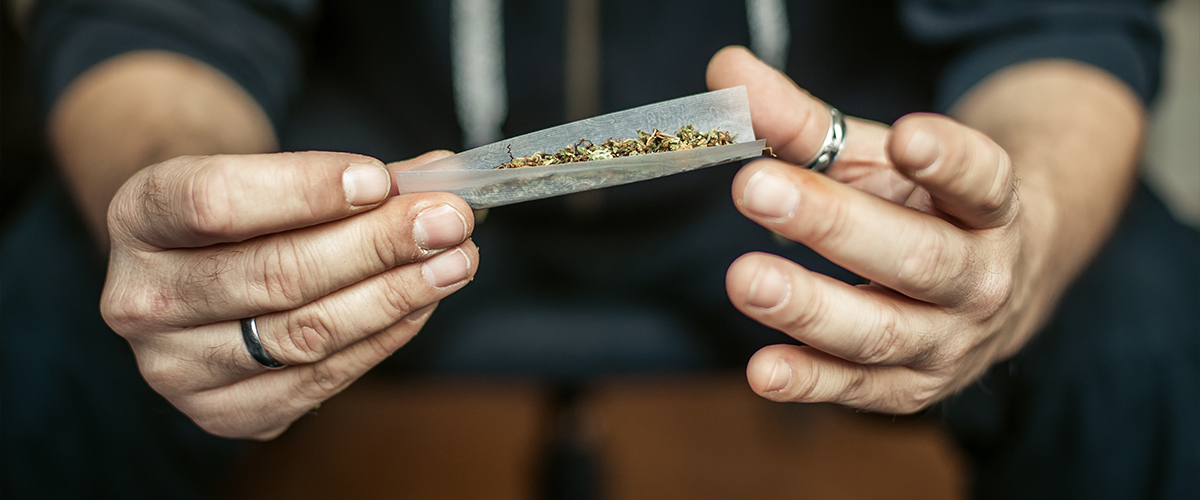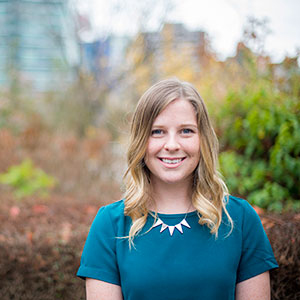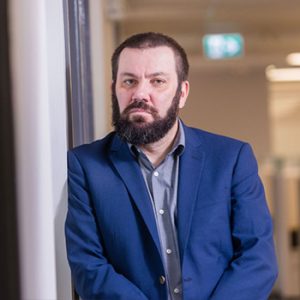Cannabis may be helping Canadians cope with the effects of post-traumatic stress disorder (PTSD), new research suggests.

In an analysis of health survey data collected by Statistics Canada from more than 24,000 Canadians, researchers from UBC’s faculty of medicine and the BC Centre on Substance Use (BCCSU) found that people who have PTSD but do not medicate with cannabis are far more likely to suffer from severe depression and have suicidal thoughts than those who reported cannabis use of over the past year.

Stephanie Lake
The study, published today in the Journal of Psychopharmacology, is the first to document the relationships between PTSD, cannabis use, and severe mental health outcomes in a sample representative of the population.
“We know that with limited treatment options for PTSD, many patients have taken to medicating with cannabis to alleviate their symptoms,” says Stephanie Lake, the lead author of the study and a PhD candidate at the UBC faculty of medicine’s school of population and public health. “However, this is the first time that results from a nationally representative survey have shown the potential benefits of treating the disorder with cannabis.”
Data was obtained from Statistics Canada’s 2012 Canadian Community Health Survey – Mental Health (CCHS-MH), which covers Canadians aged 15 and older. Among 24,089 eligible respondents, 420 reported a current clinical diagnosis of PTSD. In total, 106 people with PTSD, or 28.2 per cent, reported past-year cannabis use, compared to 11.2 per cent of those without PTSD.
“This is the first time that results from a nationally representative survey have shown the potential benefits of treating the disorder with cannabis.”
Stephanie Lake
The researchers found that PTSD was significantly associated with a recent major depressive episode and suicidal ideation among people who don’t use cannabis. Specifically, cannabis non-users with PTSD were about seven times more likely to have experienced a recent major depressive episode and 4.7 times more likely to have thoughts of suicide compared to cannabis non-users without PTSD, the researchers found.

M-J Milloy
Among cannabis-using respondents, PTSD was not associated with a recent depressive episode or suicide ideation. Over one-quarter of Canadians with PTSD reported past-year cannabis use, which is remarkably high compared to the prevalence of recent use in the general Canadian population (estimated at 11.4 per cent in the present study).
People exposed to trauma, including survivors of acute injury, conflict, violence and disaster, suffer from depression, suicide, and substance use disorders at disproportionately high rates compared to the general population. Canada is estimated to have one of the highest prevalence rates of PTSD worldwide, affecting an estimated 9.2 per cent of the population.
“We’re only just beginning to understand what the therapeutic potential of cannabis may be for a variety of health conditions,” says senior author Dr. M-J Milloy, Canopy Growth Professor of Cannabis Science at UBC and a research scientist at BCCSU. “These findings are promising, and merit further study in order to fully understand the benefits of cannabis for people living with PTSD.”